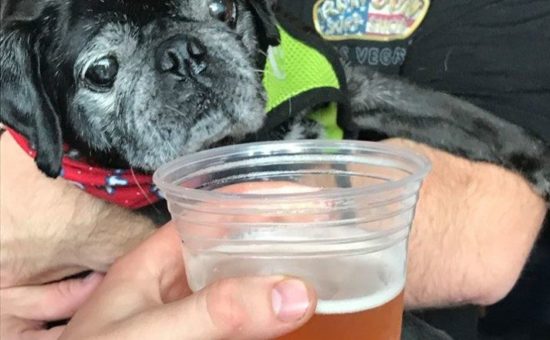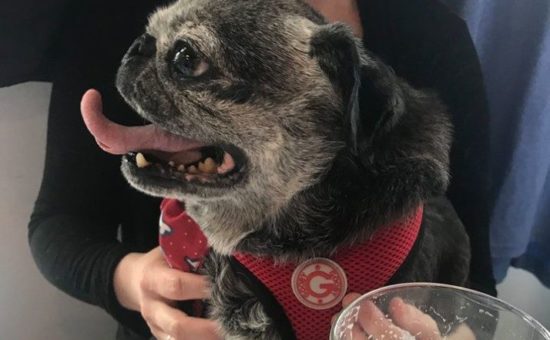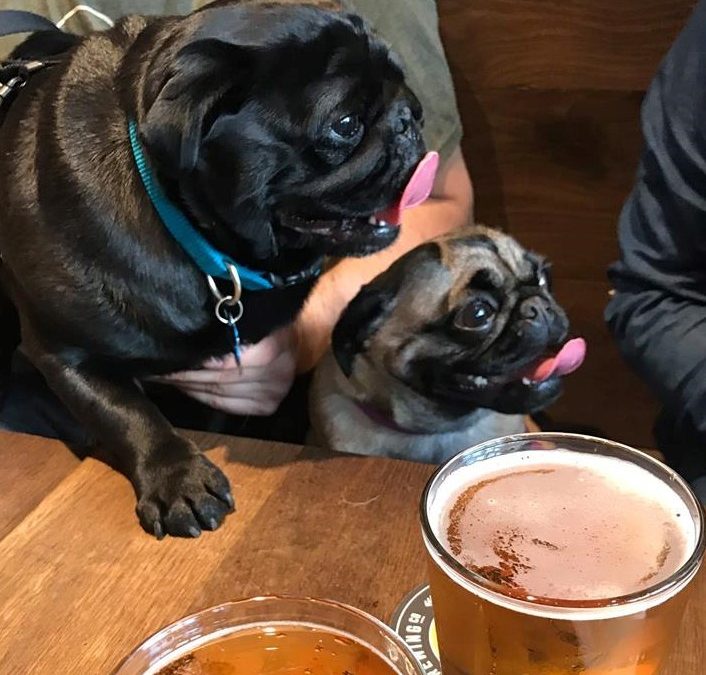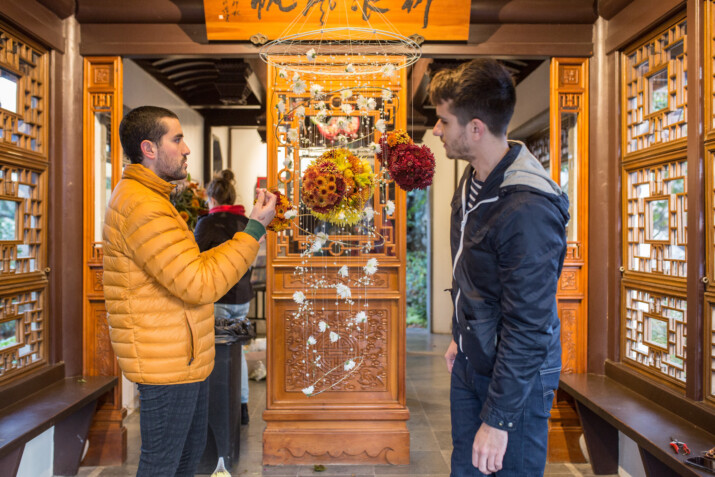Portland, OR. Grab your pug and head to the Civic Taproom and Bottle Shop near Providence Park on Saturday, September 14th. The taproom will donate one dollar for every pint sold to the Pacific Pug Rescue. The fundraiser is for those 21 and over, and will support the nonprofit’s mission to rehabilitate and place unwanted, neglected and abused pugs in permanent adoptive homes. Dogs need to be well socialized and on a leash to attend.

Pints for Pugs at Civic Taproom, March 2019
The benefit will take place on Saturday, September 14th from 1pm – 4pm. The Civic Taproom and Bottle Shop located on 621 SW 19th Ave, in Portland. It’s free to attend and you’ll also have the chance to enter a raffle to win a gift basket. Treats and Pacific Pug Rescue merchandise will be available for purchase as well.

Pints for Pugs at Civic Taproom, March 2019
Organizers encourage you to attend Pints for Pugs to enjoy an afternoon filled with socializing, crafted beer, and prizes as you help raise money for pugs in need.
Here’s a video about the work of the Pacific Pug Rescue:

About Pacific Pug Rescue:
Pacific Pug Rescue is a 501(c)(3) nonprofit organization started in 2006. More than 100 Pug obsessed volunteers dedicate themselves to running the organization, including a passionate board of directors, some of whom have been volunteering for us since the beginning.
We rescue, rehabilitate and place unwanted, neglected and abused Pugs in permanent adoptive homes that have been carefully screened. The Pugs and former owners we work with are from throughout Oregon, Idaho and Washington and we rescue pugs regardless of age or medical condition, seeking to provide for their short and long-term needs. Prior to adoption, our Pugs are cared for by our dedicated foster families located in the Portland Metro area. While there and before adoption can occur, our Pugs receive medical care including spaying/neutering, dental checks, vaccinations, and microchips. In addition to saving Pugs, we strive to educate the public about the breed, including its personality, health issues and care, and about the importance of domestic animal population control.
















